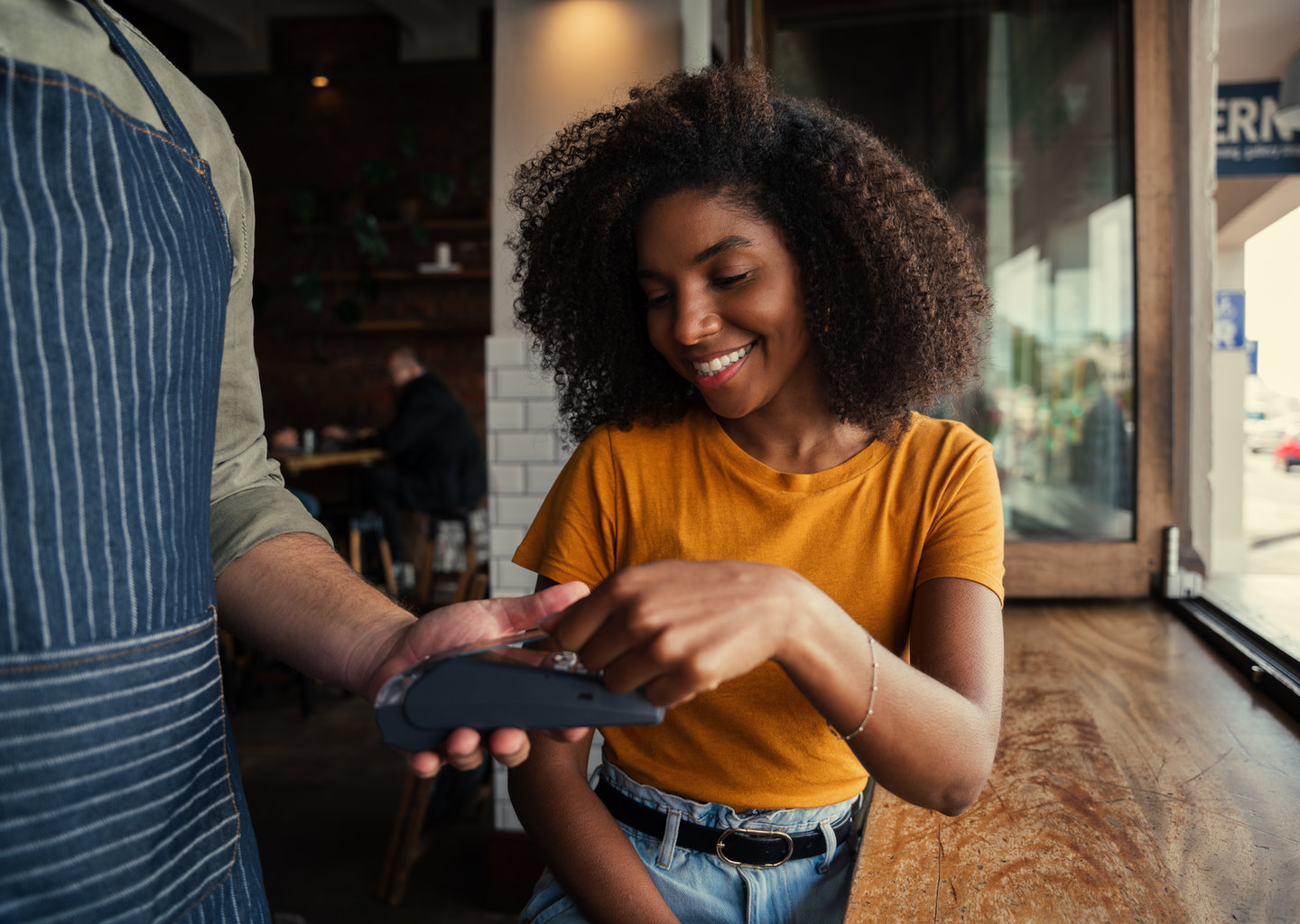
society
Life, post lockdown
Lockdown has made us so in-the-moment and myopic these days, we forget the big picture, reckons Clifford Roberts.

Cormorants. This black bird commonly found near water is a good place to start this tale. If it’s perched, wings outstretched, chances are it’s a cormorant.
Why they do that wing-thing and how this is all related to lockdown will become apparent soon enough. Cormorants evolved differently to, say, ducks. Ducks don’t generally hang their flappers out to dry, even though water is just as much their habitat. Cormorants do, because of an evolutionary trade-off.
Duck feathers keep the bird buoyant but restrict its diving ability. (Hence the buoyant duck butts protruding from the waterline when their heads are submerged.) On the flipside, cormorants can go deep and get to more fish, but must hang out the washing so to speak, every time they do.
This feature didn’t happen overnight, but rather as a product evolved over millennia. And this brings us to the pandemic – a testament to our short memory, but also to how far we’ve come as a species. Today, some one year on from the early days of this Covid-19 business, it pays to keep historic context in mind.
The Oxford English Dictionary points out that the term “social distancing” wasn’t an invention of this decade. It was in fact first recorded in 1957.
Here, books such as Jared Diamond’s Guns, Germs and Steel – The Fates of Human Societies (1997) and psychologist Steven Pinker’s books Better Angels of our Nature: Why Violence has declined (2011) and Enlightenment Now – The Case for Reason, Science, Humanism, and Progress (2018) are among the exceptionally good reminders.
For example, Pinker points out the immense significance of two small words that kick off the Wikipedia entry about one of the world’s most dreaded diseases: “Smallpox was …”. This is a disease that killed many millions of people over centuries, eventually eradicated by vaccine in the 1970s.
Likewise, Covid-19 has been the source of untold grief and trauma in a truly short time. The reaction to the pandemic may have seemed chaotic, but has quite possibly been the fastest that any such threat of this scale has been attacked in the history of the species.
In the meantime, we’ve picked up some interesting habits. Only time will tell if they’ll remain to indeed become the “new normal”.
Give me space
The Oxford English Dictionary points out that the term “social distancing” wasn’t an invention of this decade. It was in fact first recorded in 1957, denoting an attitude of aloofness rather than physical behaviour. It took a pandemic, however, to make it law and perhaps return to a residual behaviour.
Segregated audience pods at stadiums, live shows by drive-in, dots and lines for safe queuing – our aversion to crowds in a crowded world has grown even more intense. We’ve always been squeamish about restricted room to move, and are even more so now.
But we were suddenly reminded how the privilege of space is a life-and-death issue and why some uber-rich actually see our colonisation of other planets as their ticket out.

Who are you people?
Long hours, days, weeks and months of being cooped up got us thinking about our “homies”. We’ve been driven even closer to that line of love and hate. No surprise then that divorce rates rose everywhere during hard lockdowns. Pets of course, can’t figure out why they’re getting so much attention. Good luck weaning them, and the kids, off it.
“Nothing in life is to be feared; it is only to be understood. Now is the time to understand more, so that we may fear less.” — Marie Curie
Exercise!
Having our boundaries re-adjusted by law, we discovered our will to fight them. The decline in gym memberships in many countries and a global boom in bicycles may not necessarily be related, but one thing’s for sure, fence-sitters suddenly developed the urge to get out and about.
The trend bled into our eating and drinking habits that boosted low/no-alcohol and sugarfree alternatives and spurred many new ones, helped along by a ban on liquor.
Things I can control
We’ve taken a new look at sustenance, both spiritual and physical. We got our hands dirty in the kitchen and the garden. Baking of banana bread and sourdough became the new Zen, along with brewing pineapple beer. The spaces we occupied took on new meaning in our perpetual search for happiness. We made birdfeeders and plant cuttings and re-discovered a love for compost.
Businesses followed, from the pizza restaurant now soaring as it churns out frozen equivalents and wineries upscaling their online shops. Home delivery took its own giant leap forward.
Brands aided by YouTube chefs and mixologists homed in on our new existence. Angostura for example started promoting the non-alcoholic, low-cost “Lazy Rock Shandy” – a cocktail-by-the-jug of lemonade, soda and ice with a dash of said bitters.
"When it rains, look for rainbows; when it's dark, look for stars." — Oscar Wilde
We learnt stuff
Whether we liked it or not, we learnt that a job title and office don’t define us. We had to think differently about the way we make a living (now mostly from home). Plus, there was home-school maths we quickly pawned off on someone else, but not before finally realising that our dumbest kid is still way brighter than we ever were.

Our virtual selves
A sudden reliance on tech made grannies, who had up to that point only just managed Facebook, to really get up to speed with video calls and online banking.
Reflecting news from other banks, Absa reported that between January and August last year, e-commerce saw a 200% increase year on year. Contactless transactions (card taps) doubled.
We saw a new world of product launches, workshops and multinational conferencing-by-internet open up. Suddenly, we had access to world experts; event organisers “pivoted” to offer digibug-free events-by-zoom. In no time we figured how to tweak our virtual backdrop, but we also became increasingly aware of subsiding anonymity and the scale of information we give away to TikTok, Twitter, Facebook, Google and so many others.
More than ever, the internet became our primary source of information with news sites giving hourly updates on the pandemic but also other run of the mill affairs. We hoovered up online entertainment, with one morning show DJ declaring his exasperation at having actually “finished Netflix”.
Where will it end?
There’s good news of vaccines this year – but challenges in ramping up the production of sufficient doses and distributing those globally. Perhaps one day a grandchild might ridicule gramps’s obsession with washing hands. And gramps might respond by telling a story. He might say, “Let me tell you something you didn’t know about cormorants …”